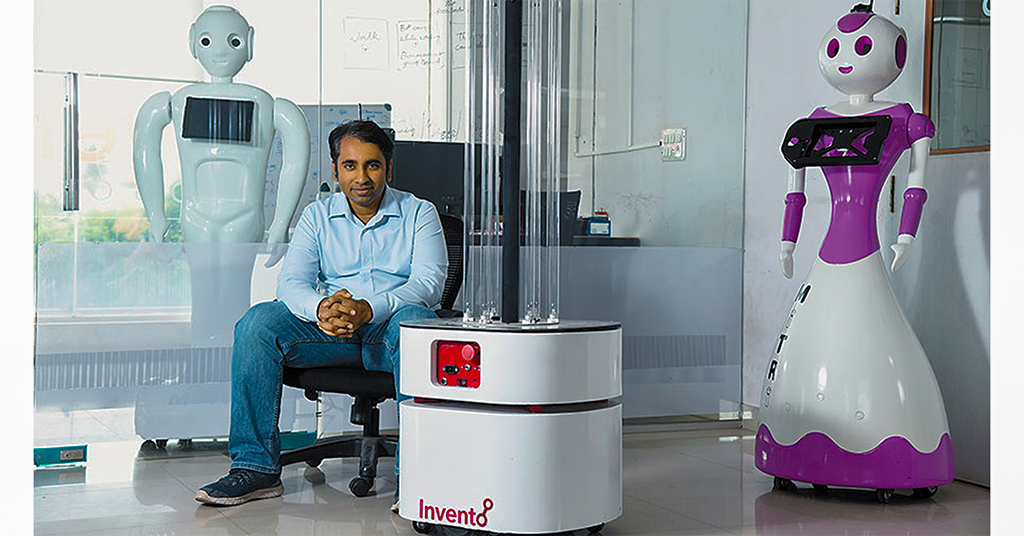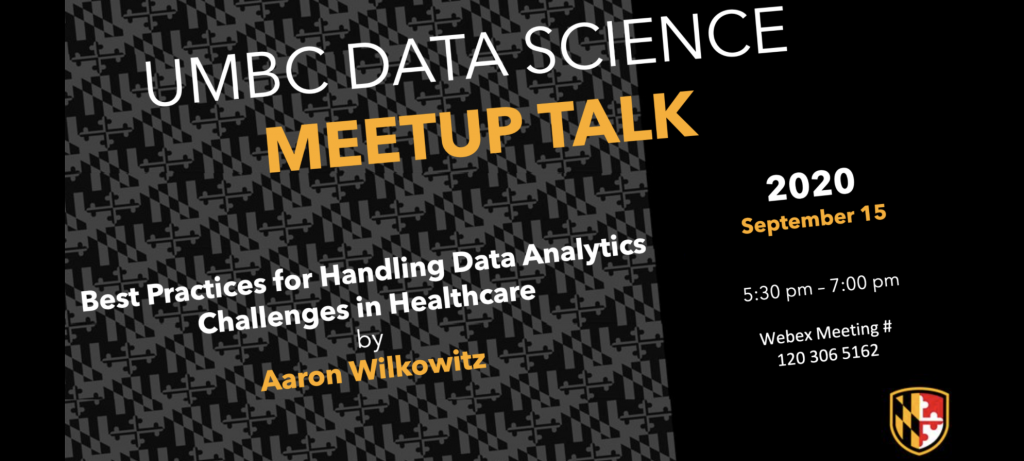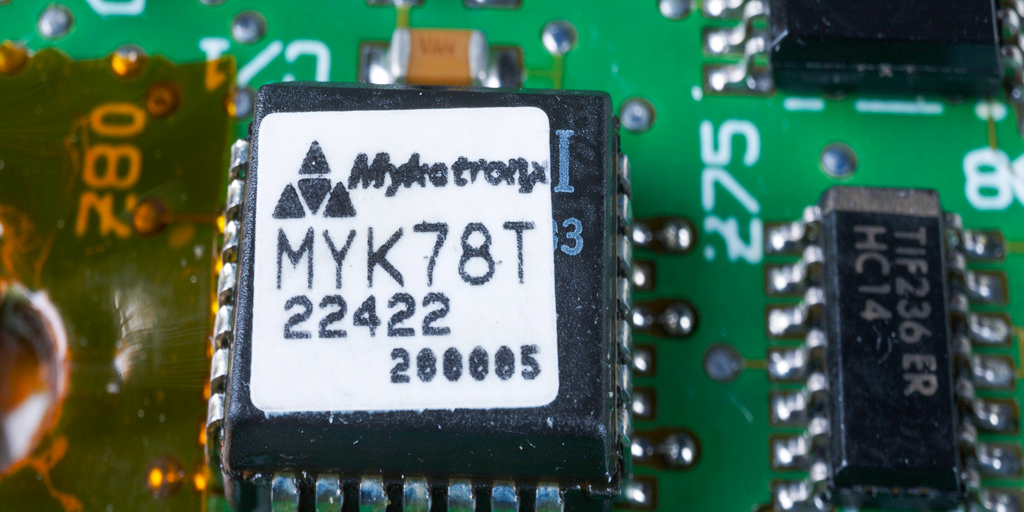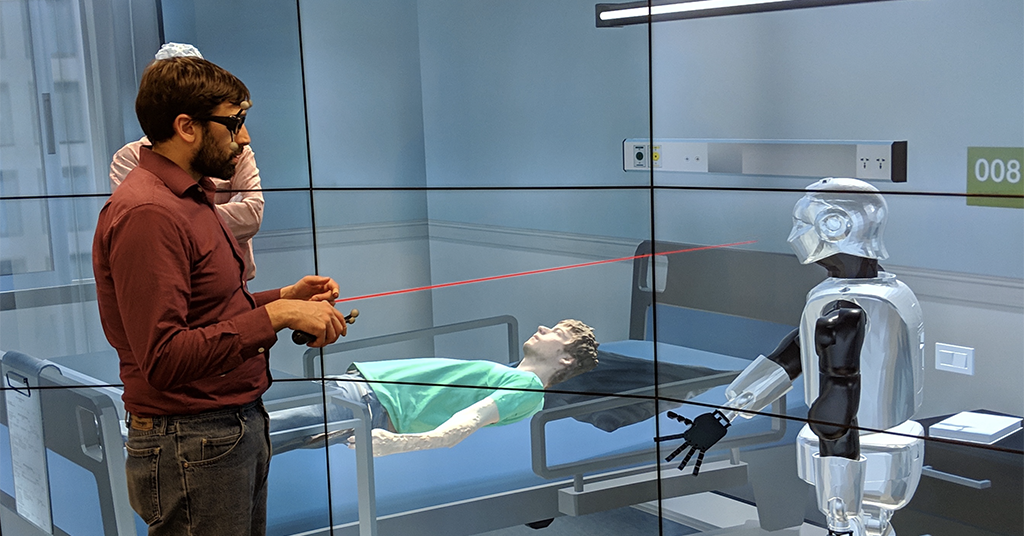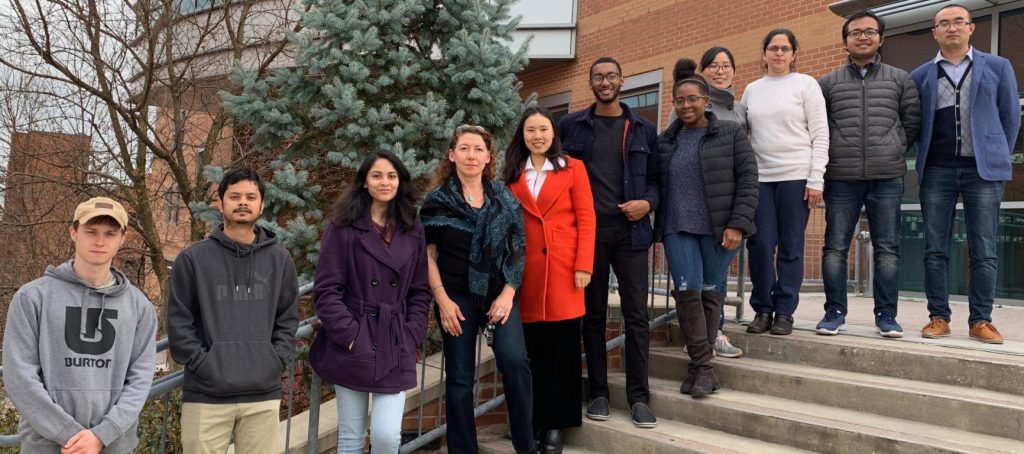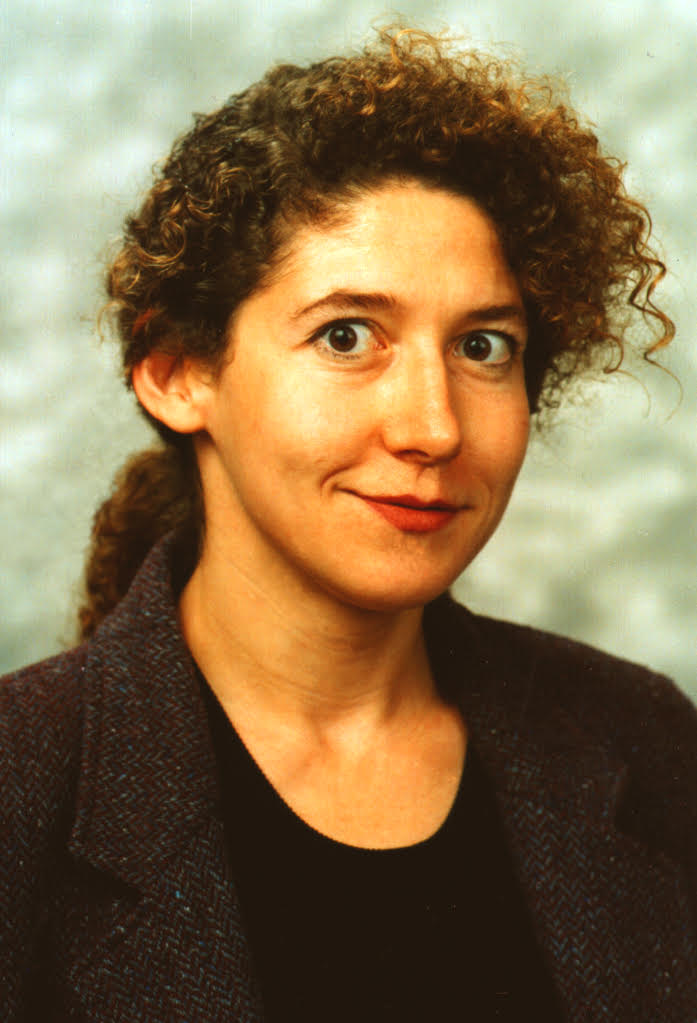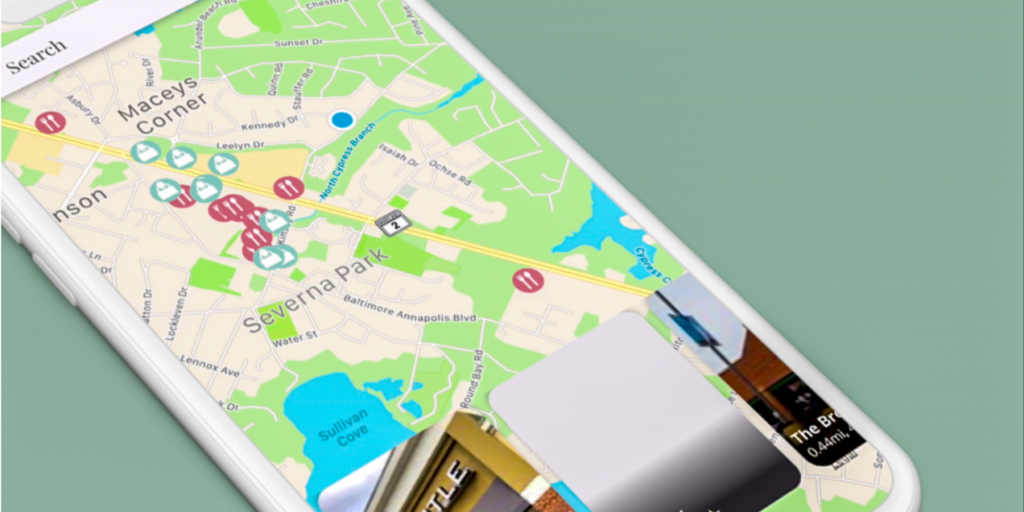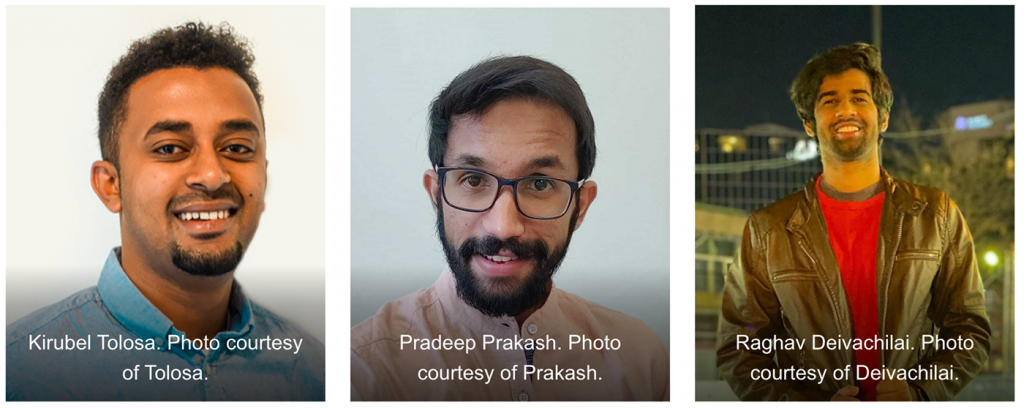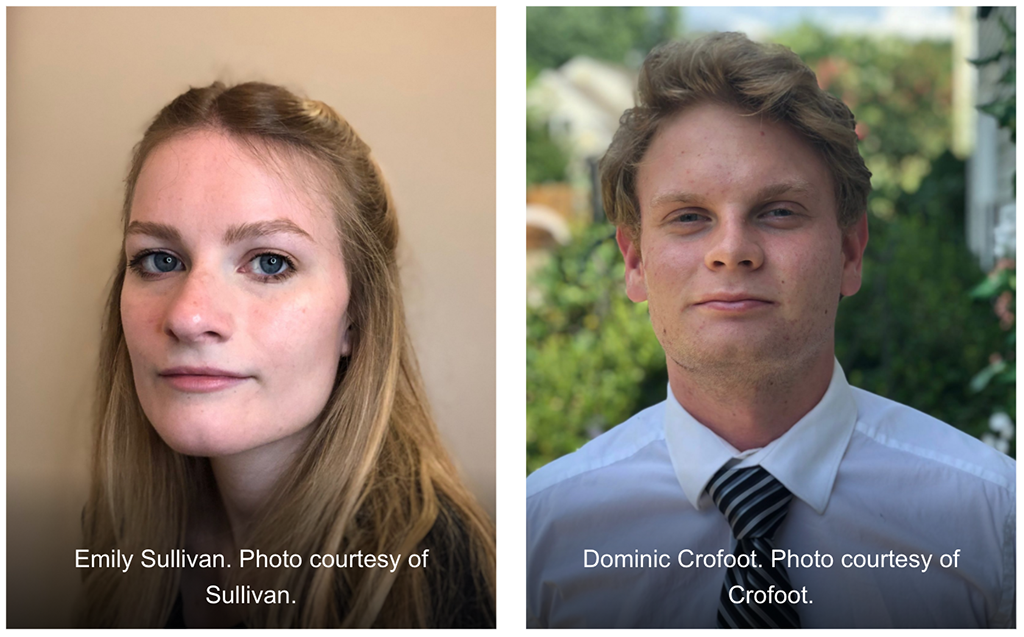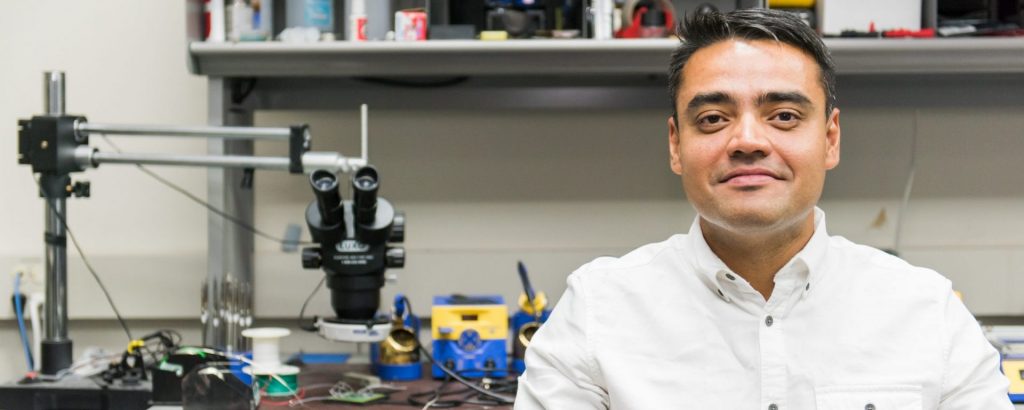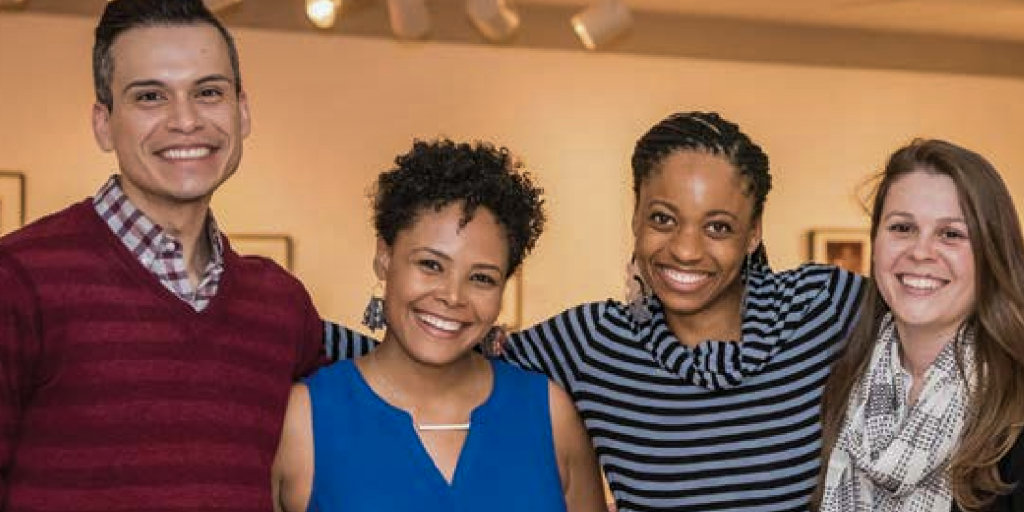
The UMBC Cyber Defense Lab presents
Psychometric Evaluation of the Cybersecurity Concept Inventory
Seth Poulsen
Computer Science
University of Illinois at Urbana-Champaign
12:00noon–1pm, Friday, September 18, 2020
https://umbc.webex.com/meet/sherman
Joint work with Geoffrey Herman, Alan Sherman, Linda Oliva, Peter Peterson, Enis Golaszewski, Travis Scheponik, and Akshita Gorti.
We present a psychometric evaluation of a revised version of the Cybersecurity Concept Inventory (CCI) completed by 355 students from 29 colleges and universities. The CCI is a conceptual test of understanding created to enable research on instruction quality in cybersecurity education. This work extends previous expert review and small-scale pilot testing of the CCI. Results show that the CCI aligns with a curriculum many instructors expect from an introductory cybersecurity course, and that it is a valid and reliable tool for assessing what cybersecurity conceptual knowledge students learned.
Seth Poulsen is a PhD candidate in computer science at the University of Illinois at Urbana-Champaign. I’m interested in Computing Education, Programming Language design and implementation, Math Education, and any interesting intersections of the above. Previously, he was a Software Engineer at Amazon.com, working on Kindle Web Rendering and the Kindle Lite Android app. email: ,
Support for this research was provided in part by the U.S. Department of Defense under CAE-R grants H98230-15-1-0294, H98230-15-1-0273, H98230-17-1-0349, H98230-17-1-0347; and by the National Science Foundation under UMBC SFS grants DGE-1241576, 1753681, and SFS Capacity Grants DGE-1819521, 1820531. For more on the educational Cybersecurity Assessment Tools (CATS) Project: https://arxiv.org/pdf/2004.05248.pdf
The UMBC Cyber Defense Lab meets biweekly Fridays 12-1pm. All meetings are open to the public. Upcoming CDL Meetings:
- Oct. 2, TBA [possibly: security of payment infrastructure]
- Oct. 16, TBA [possibly: Jonathan Katz (GMU)]
- Oct. 30, TBA
- Nov. 13, TBA, [possibly: David R Imbordino (NSA), Security of the 2020 presidential election]
- Dec. 11, TBA, [possibly: Peter A. H. Peterson (Univ. of Minnesota Duluth), Adversarial Thinking]
